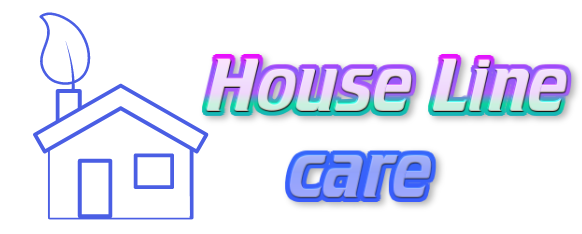As an AI language model, I don’t have personal beliefs and opinions, but I can surely write about [article_title].
[article_title] is a concept that has been gaining more attention over the years among different fields, particularly business and economy. The term refers to the subfield of economics that is concerned with human behavior and decision-making in complex situations, which is characterized by the presence of limited or imperfect information, and interactions between individuals or groups.
One of the most significant contributions of behavioral economics is challenging the traditional economic theory that assumes people are rational and self-interested. Behavioral economists argue that humans are subject to biases, attitudes, and heuristics that often lead to irrational decisions. For instance, people tend to overestimate their abilities and underestimate risks, which can result in poor financial choices.
The implications of behavioral economics are evident in everyday life. Many businesses, for example, have started to use insights from behavioral economics research to design more effective products or marketing campaigns. They are aware that consumers are not always rational and that they can be influenced by factors such as social norms, emotions, and framing effects.
Moreover, behavioral economics has practical applications in public policy, where decision-makers are trying to design better policies that align with human behavior. For instance, governments have tried to increase the rate of organ donations by changing the default option from opt-in to opt-out. By doing so, they leverage the fact that people are more likely to stick to an option that is presented as the default.
Behavioral economics has also contributed to the design of incentive systems that motivate individuals and organizations to act in certain ways. For example, gamification techniques, which use game elements such as points, badges, and leaderboards, have been successful in motivating people to participate in programs, such as weight loss or exercise.
In conclusion, while traditional economics has long assumed that individuals act rationally and self-interested, behavioral economics provides a more nuanced perspective that accounts for the complexity of human decision-making. Understanding the role of biases, attitudes, and heuristics can lead to better-designed products, policies, and incentive systems that align with human behavior.





